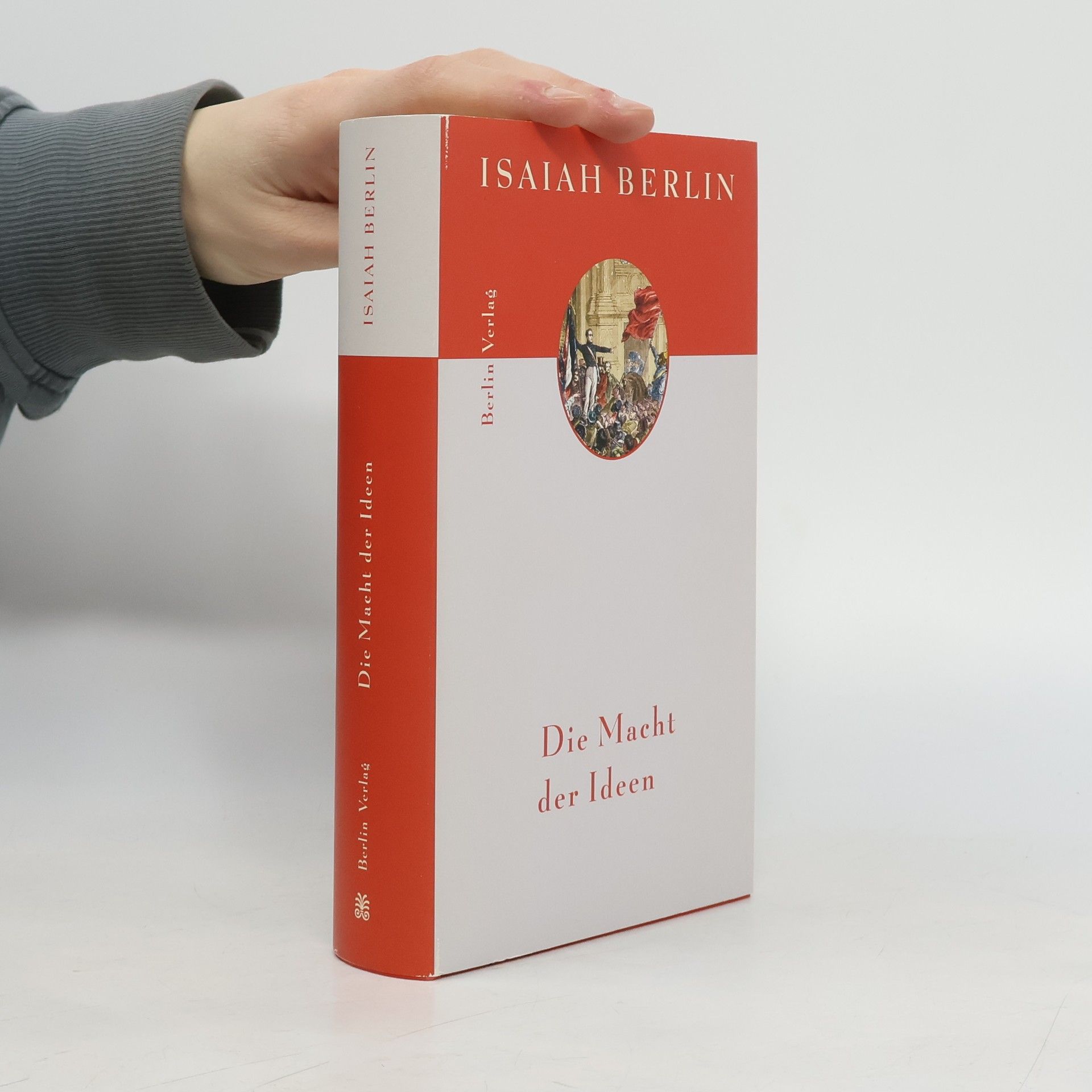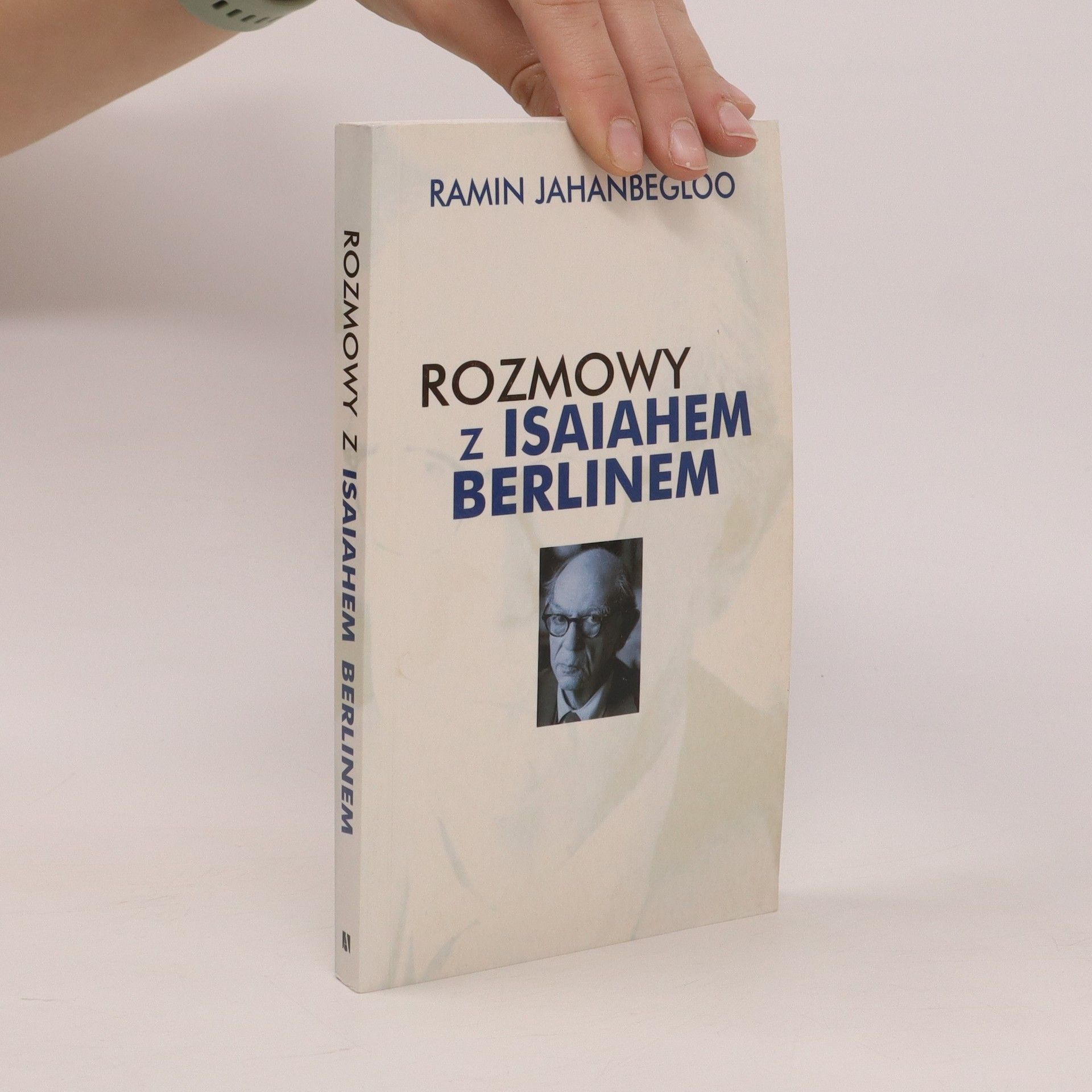Mit diesem Buch wird eine Neuübersetzung der vor 50 Jahren erschienenen, richtungsweisenden Biografie von Karl Marx vorgelegt. Isaiah Berlins Biografie ist eine hellsichtige bis in die feinsten Verästelung vordringende Einführung in das Denken von Karl Marx als Theoretiker und sozialistischer Revolutionär. Sie beleuchtet sowohl seine Person und seine Persönlichkeit als auch den sozialen und historischen Kontext, in den Marx hineingeboren wurde, in dem er aufwuchs und der seine Entwicklung als Philosoph beeinflusste.
Isaiah Berlin Book order (chronological)
Sir Isaiah Berlin was a philosopher and historian of ideas, regarded as one of the leading liberal thinkers of the twentieth century. He excelled as an essayist, lecturer, and conversationalist. His writings frequently explored the dichotomy of liberty, distinguishing between negative liberty—defined as the absence of external constraints—and positive liberty, which pertains to self-mastery and self-determination. Berlin was deeply concerned that the concept of positive liberty had historically been susceptible to political abuse, often leading to justifications for coercion and totalitarianism, a trajectory he contrasted with the safer ideal of negative liberty. His advocacy for negative liberty, his vehement opposition to totalitarianism, and his experiences made him a significant intellectual voice against communism during the Cold War.


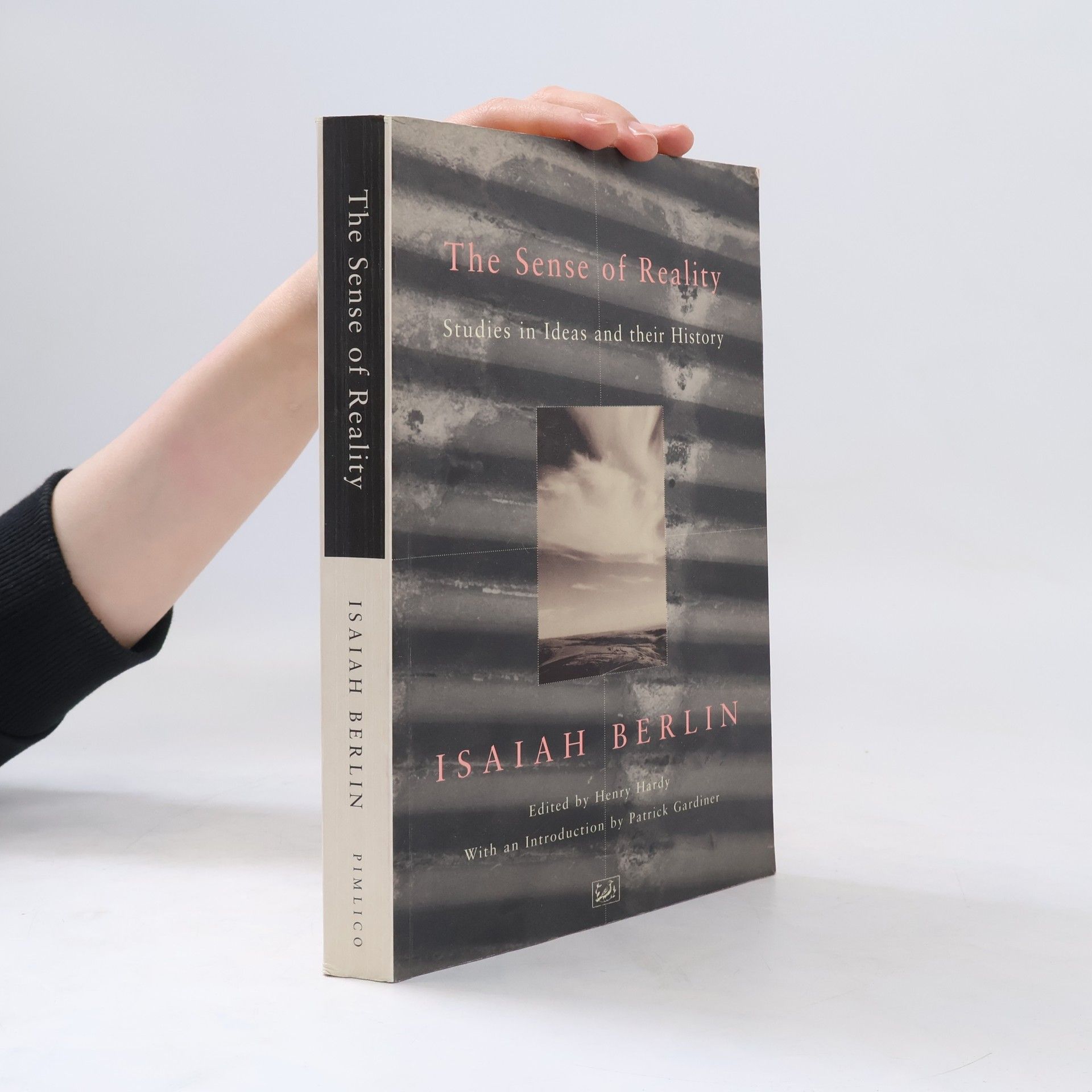
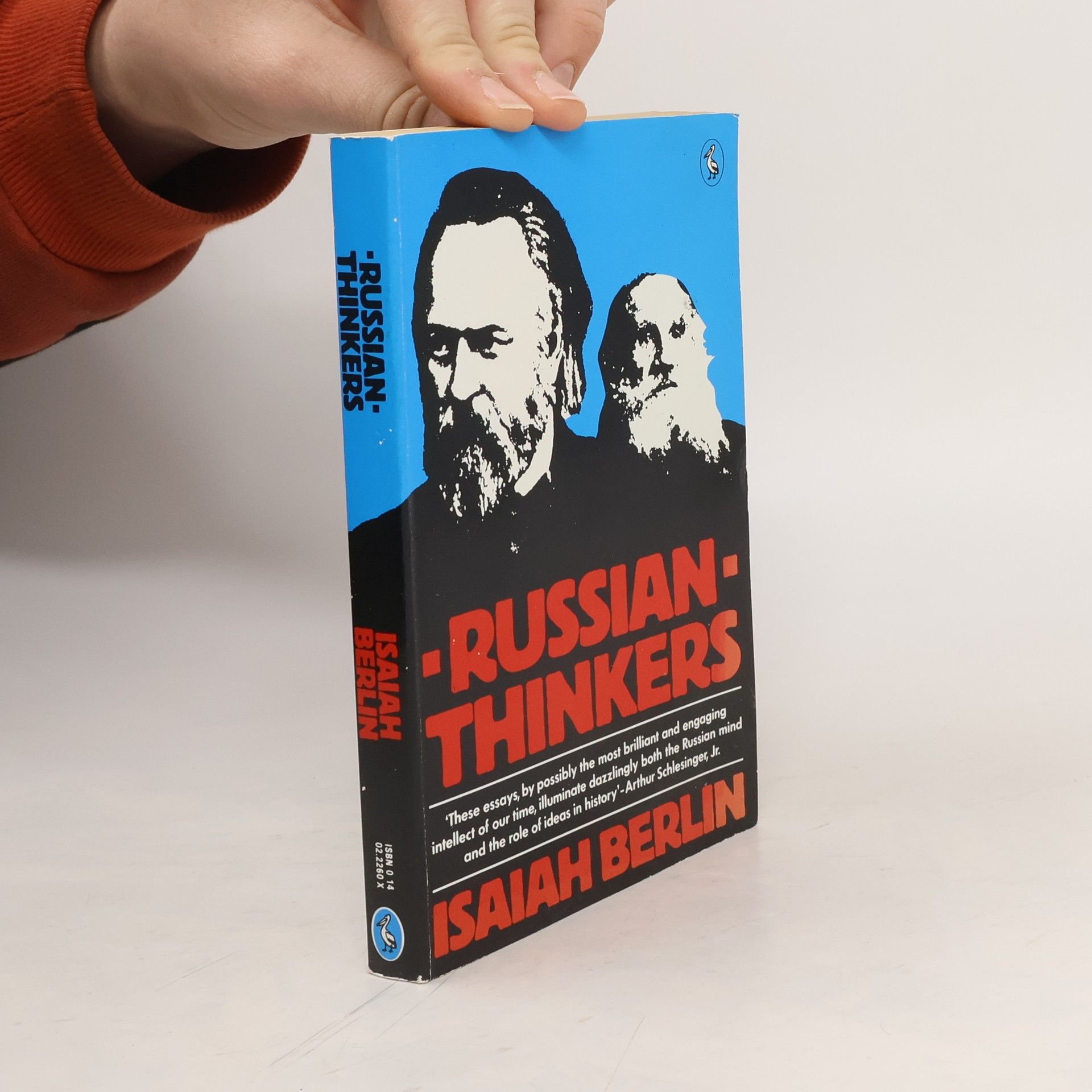
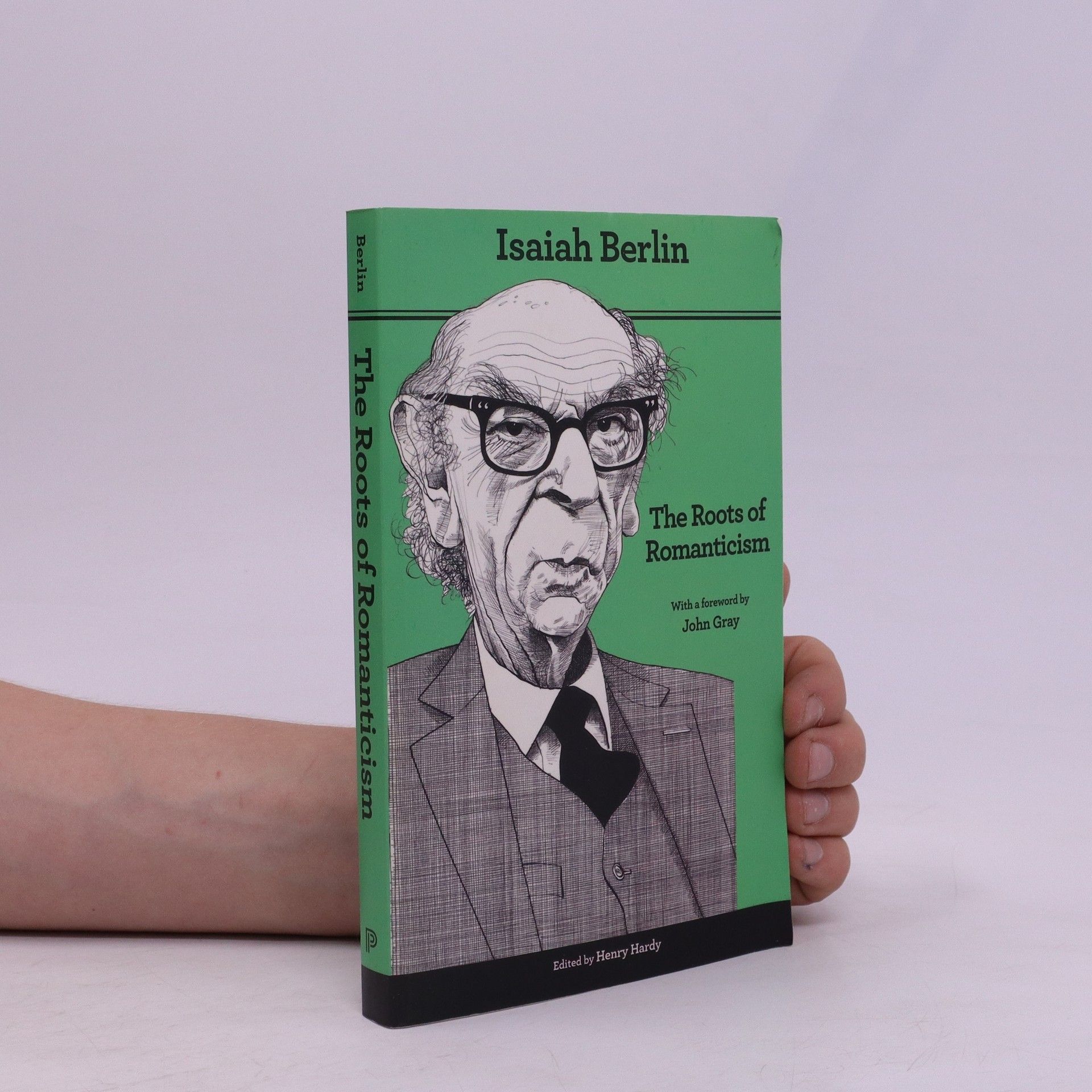


Affirming
- 608 pages
- 22 hours of reading
Scrutinising the leading politicians of the day, including Reagan, Thatcher and Gorbachev, this book draws illuminating sketches of public figures, notably contrasting the personas of Alexander Solzhenitsyn and Andrey Sakharov.
The Hedgehog and the Fox
- 96 pages
- 4 hours of reading
Isaiah Berlin's classic essay on Tolstoy - an exciting new edition with new criticism and a foreword.
Building
- 704 pages
- 25 hours of reading
In the period covered here (1960-75) Isaiah Berlin creates Wolfson College, Oxford;At the same time Berlin publishes some of his most important work, including Four Essays on Liberty - the key texts of his liberal pluralism - and the essays later included in Vico and Herder.
Enlightening: Letters 1946 - 1960
- 854 pages
- 30 hours of reading
Takes up the story of the author when, after war service in the United States, he returns to life as an Oxford don. This title charts years of academic frustration and self-doubt, the intellectual explosion when he moves from philosophy to the history of ideas, his growing national fame as broadcaster and lecturer.
Die Macht der Ideen
- 399 pages
- 14 hours of reading
Isaiah Berlin wurde 1909 in Riga geboren, zog 1915 mit seiner Familie nach Russland und emigrierte 1921 nach England, wo er später in Oxford Philosophie lehrte. Der bekannte und vielfach ausgezeichnete Ideengeschichtler starb 1997. Im Berlin Verlag erschienen bisher Der Magus in Norden (1995), Wirklichkeitssinn. Ideengeschichtliche Untersuchungen (1998), Persönliche Eindrücke (2001) sowie Die Wurzeln der Romantik (2004).
Flourishing: Letters 1928-1946
- 816 pages
- 29 hours of reading
The collection of personal letters showcases the life and intellectual development of Isaiah Berlin, highlighting his journey from a young pupil to a prominent thinker. It captures his experiences at Oxford, his move to the U.S. during World War II, and his return to Britain in 1946. The letters reveal his burgeoning intellectual abilities and zest for life, providing a personal glimpse into the mind of one of the 20th century's most significant philosophical figures.
Mit Die Wurzeln der Romantik erscheint nun endlich posthum Berlins berühmte Vorlesungsreihe aus dem Jahr 1965, in der er sich einem zentralen Wendepunkt der modernen Geistesgeschichte zuwendet. Die schillernde, ja revolutionäre Bewegung der Romantik stellt in seinen Augen eine radikale „Transformation“ mit bis heute unabsehbaren Folgen dar. Das Aufkommen der romantischen Strömung im späten 18. Jahrhundert deutet Berlin als eine Reaktion auf die Aufklärung. Er hebt die Schlüsselrolle hervor, die hierbei die deutschen Dichter und Denker spielten, und geht insbesondere auf Wirken und Werk von Hamann, Herder, Kant, Schiller, Fichte, Schelling und Friedrich Schlegel ein. Berlin zufolge setzten die Romantiker eine beispiellose Umwälzung unseres Denkens und Handelns in Gang, indem sie die herkömmliche Auffassung von objektiver Wahrheit zerstörten und die Gültigkeit moralischer Grundsätze anfochten. Dieser Wandel machte sich nicht nur im Geniekult der Kunst bemerkbar. Berlin skizziert, wie die Betonung der Subjektivität auch mitunter so gegensätzliche Phänomene wie Sensibilität, Toleranz und Liberalität auf der einen, Faschismus und Nationalismus auf der anderen Seite hervorbrachte. Geistreich und eloquent weckt Berlin in seinen Wurzeln der Romantik das Interesse an einer der bedeutendsten und folgenreichsten Epochen der europäischen Geistesgeschichte.
Freedom And Its Betrayal
- 256 pages
- 9 hours of reading
Freedom and its Betrayal is one of Isaiah Berlin's earliest and most convincing expositions of his views on human freedom and the history of ideas, views which later found expression in such famous works as 'Two Concepts of Liberty', and were at the heart of his lifelong work on the Enlightenment and its critics. schovat popis

